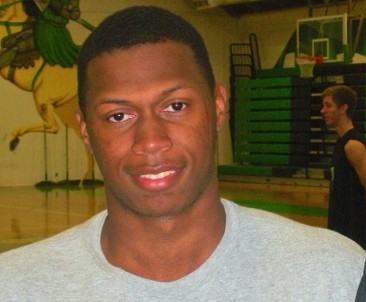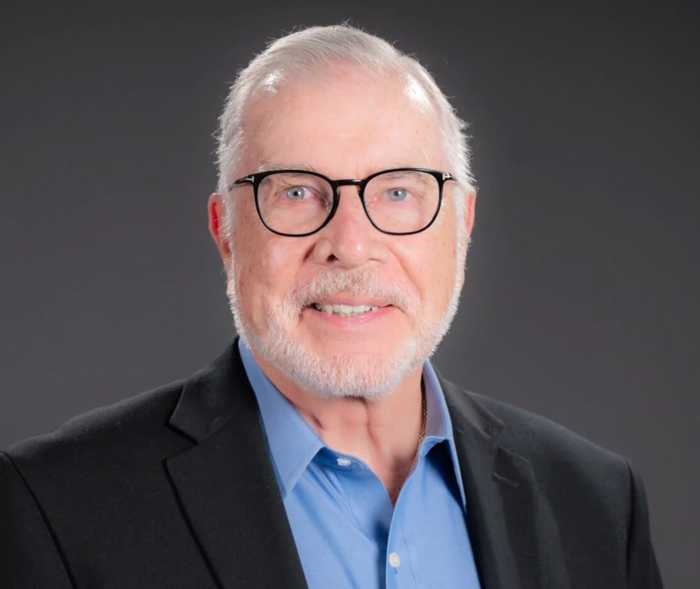Endres said it was Brown’s and his mother’s story that drew him to try to help, not the fact that Brown had the potential to be a great high school point guard.
“To go through what he did at such a young age, and to be the unique and fantastic young man that he is, it’s just a testimony for his mother and him,” said Endres.
But the perfect storybook ending has so far not quite materialized, thanks to Brown’s exclusion from competitive basketball these past two years.
This year, the league’s principals again voted unanimously to prevent Brown from playing, this time because he’s in his fifth year of high school.
Lichtl, the school’s principal, contends that something said by two of the league principals during a closed-door meeting contradicts the stated reasoning for Brown’s ineligibility for the 2011-2012 season by the Marmonte League. Lichtl said he was told that had Brown tried to play at Moorpark High, in the neighboring town in which Endres and his family live, they would have voted differently last year.
That suggests the real reason for the decision may have been based on competitive balance within the league, not the other details involved with Brown’s transfer from Stoneridge Prep in Simi Valley, Ca, to Thousand Oaks High, and with Brown’s living arrangement. Endres and his wife ultimately were granted legal guardianship over Brown.
Despite the decision by the Marmonte League, Brown has remained upbeat about his future.
“It really hurt me when they told me I couldn’t play for the second time,” Brown said. “I was definitely hurt because I felt like I waited and I was patient. And for them to do that a second time, it really devastated me.
“But, I know the reason why I’m here – to focus on school and basketball. I know I’m here for a good reason. But of course, it’s tough for me not to play.”
Brown could have lived with other people, but Endres thought he and Michele could provide best for Brown, helping him both with his academics as well as basketball; lending stability to the young man’s life.
Endres said he also knew that offering Brown his home would lead to unpleasant accusations about what the real motives were for the coach. The fact that the coach and his family are white and Brown is African-American was also an element that might raise eyebrows.
“Sure,” Endres says, when asked about the race issue. “And nobody knows who I am. They only know I’m a basketball coach and a teacher and I’m sure some people questioned it. But my family and myself never looked at the race issue. The issue was what this young man has been through.
“He could have been any ethnicity,” Endres added. “That part didn’t matter. What mattered was this young man has been dealt a tough set of cards to have to play. And he’s handled it extremely well.”
Endres said Michele convinced him that offering Brown a place to live was the right thing to do, notwithstanding the nasty things that might be written on high school basketball websites. He prefers to remember the more positive things said:
“One woman brought up a point on a media internet session: ‘What coach would go home and tell his wife that you’re going to bring a teenager to the house? You’re going to have to help raise him; feed him; educate him; wash his clothes; have a bigger bill and have to keep track of a teenager?’”















